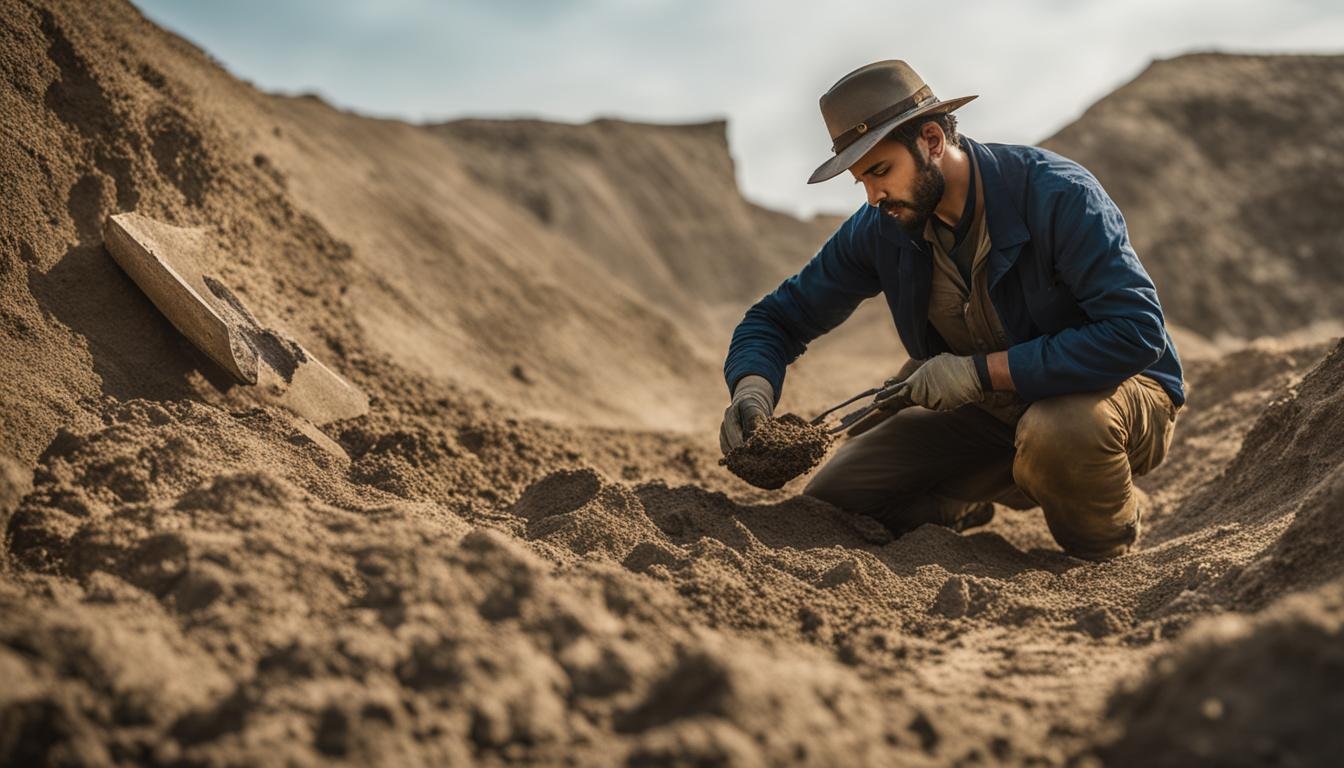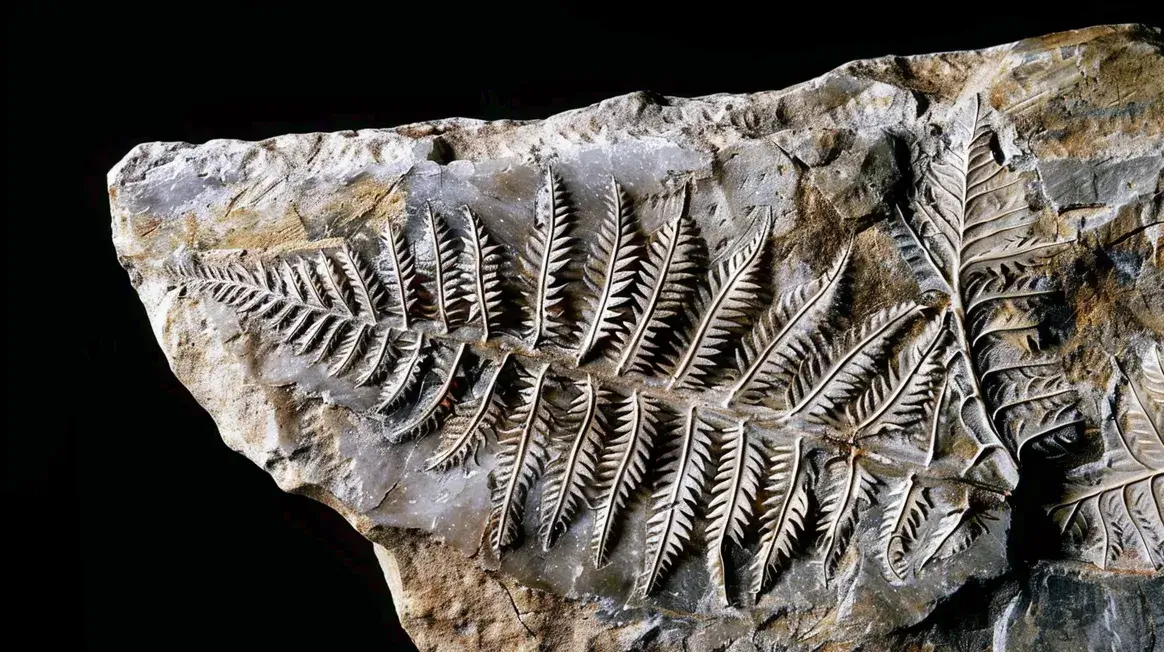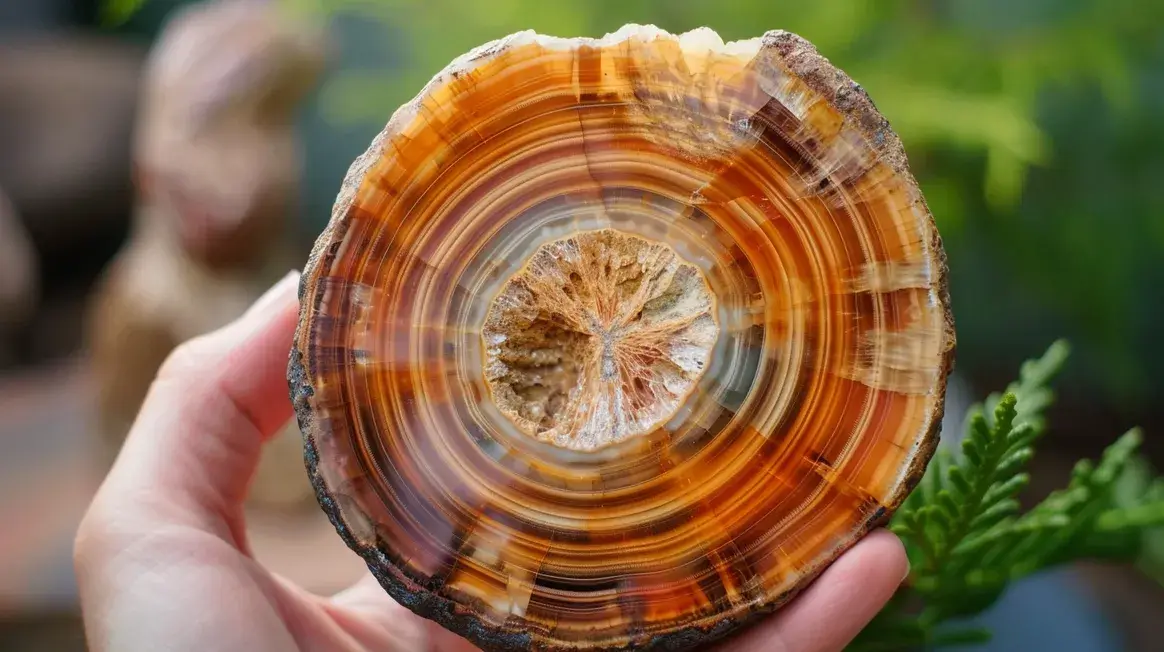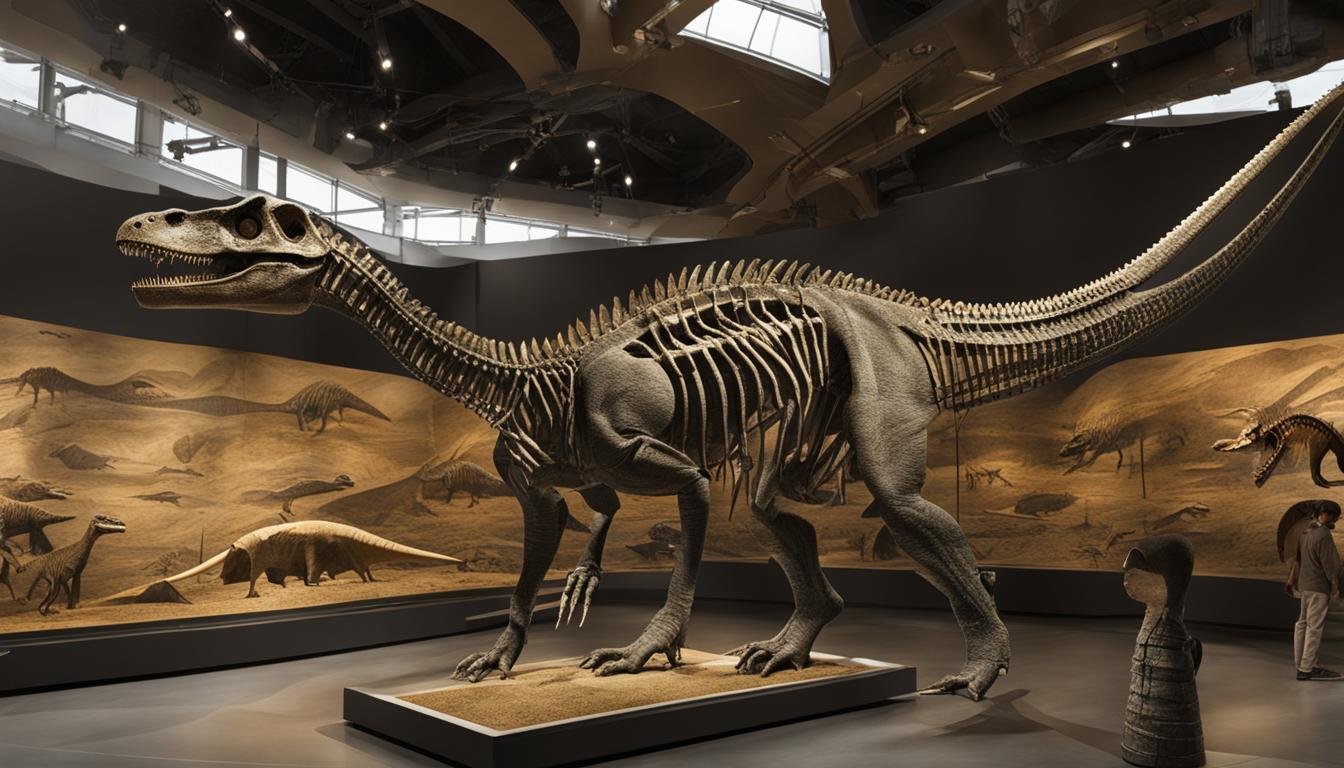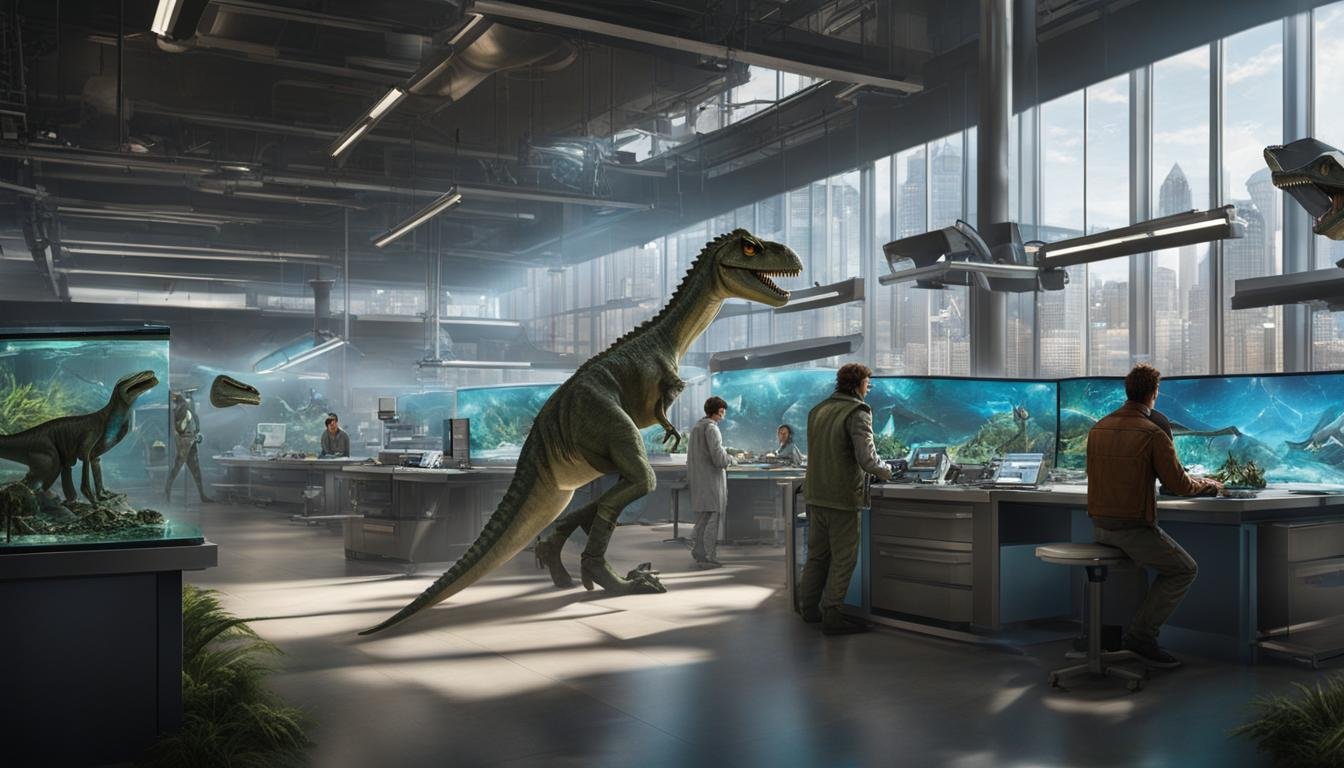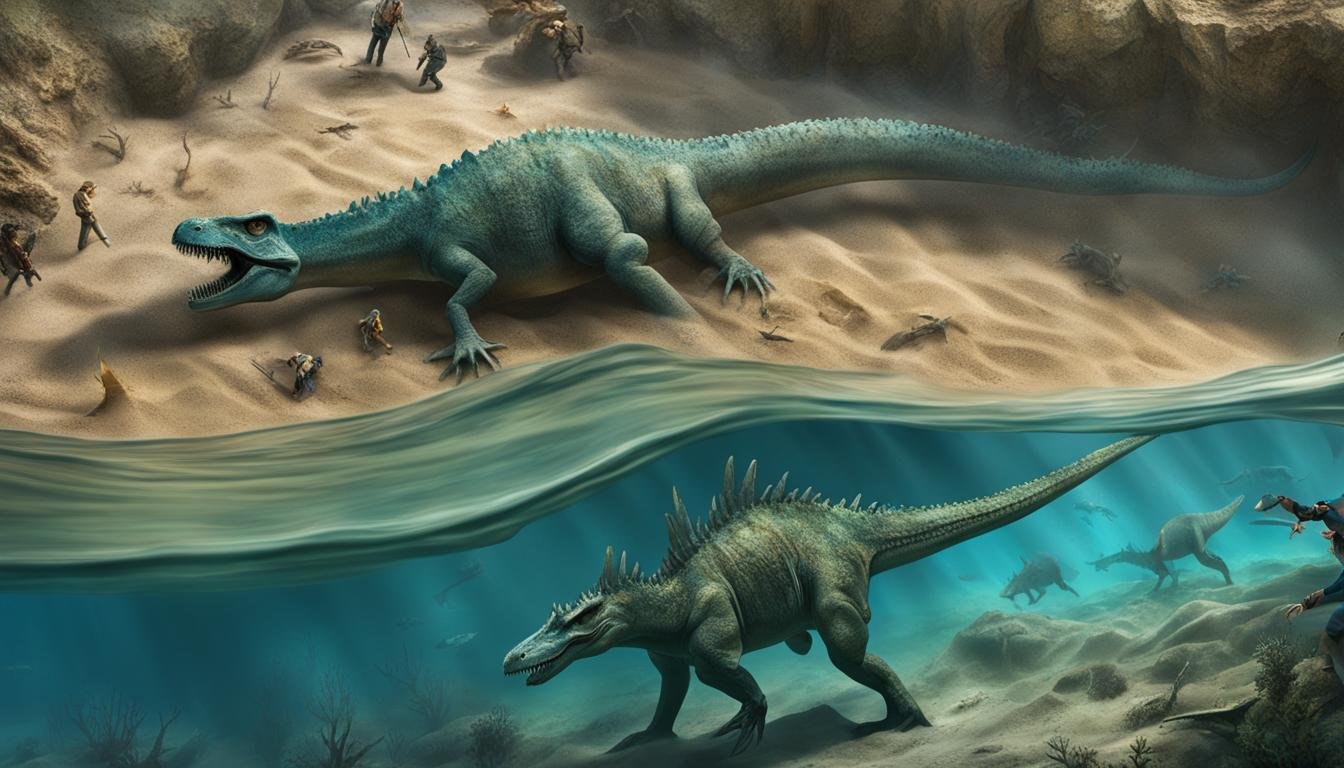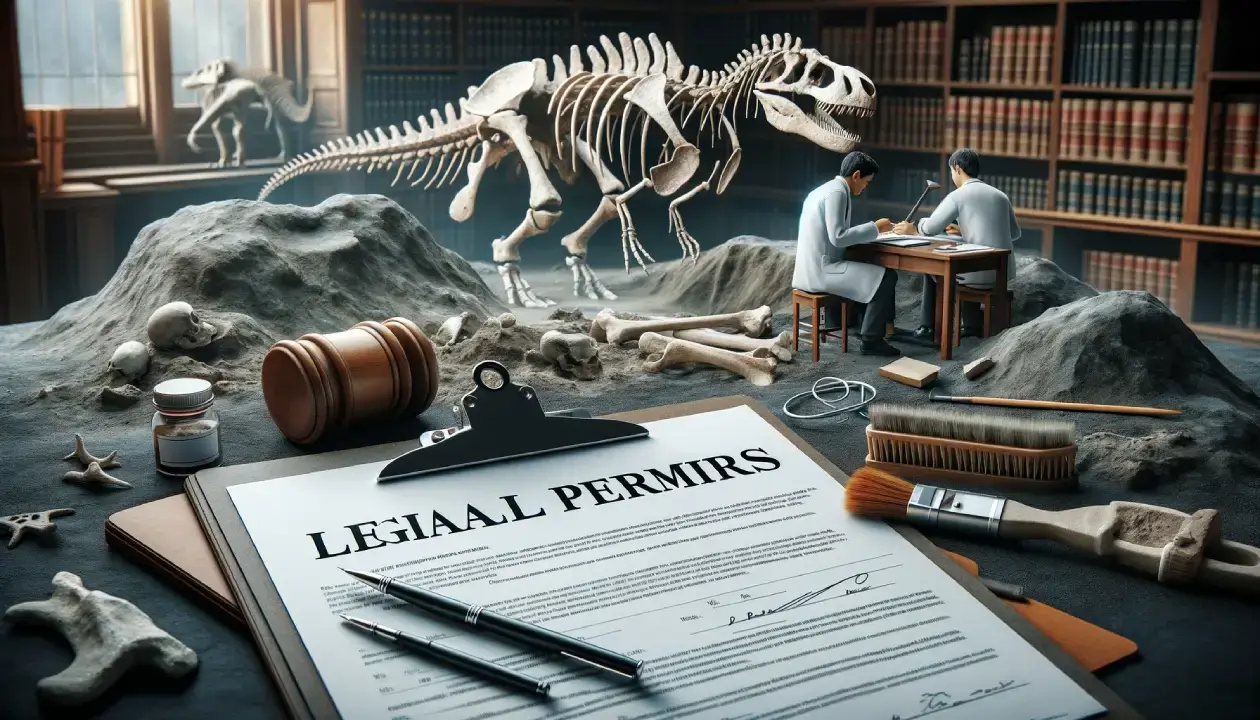Fossil collecting is not just about finding and digging up fossils, but it also involves ethical considerations. Careless collecting can result in the loss of valuable scientific information. There are laws and regulations in place regarding fossil collection, and it is important to know the boundaries between legal and illegal collection. Collecting on private land is at the discretion of the landowner, and it is encouraged to bring significant finds to the attention of researchers. Government organizations have a permitting structure for fossil collection on public land, and there are legal ways to satisfy the thirst for paleontology, such as participating in organized digs or visiting state parks where legal fossil collecting is allowed.
| Key Takeaways | Why They Matter |
|---|---|
| Ethical fossil collection is vital for preserving scientific information. | Ensures fossils’ value for research and education. |
| Legal compliance in fossil collecting prevents illegal practices. | Protects fossils as a public and scientific resource. |
| Ethical concerns include the trade and sale of significant fossils. | Maintains fossils’ scientific and educational value. |
| Public access to fossils is impacted by commercial collection. | Ensures educational and research opportunities. |
| Responsible fossil purchasing supports ethical sourcing. | Aids in preserving paleontological heritage and research. |
Legal Considerations in Fossil Collection
Fossil collection is a fascinating and rewarding hobby, but it is important to be aware of the legal aspects surrounding this practice. Understanding the laws and regulations governing fossil collection can help ensure that you are engaging in this activity responsibly and ethically. By familiarizing yourself with the legal considerations, you can contribute to the preservation of scientific knowledge and the protection of our paleontological heritage.
There are different laws and regulations in place depending on the type of land where fossil collecting takes place. Private landowners have the discretion to permit or deny access to fossil collectors, so it is essential to obtain permission before collecting on private property. On the other hand, collecting on public land, such as national parks and monuments, is always illegal and strictly prohibited. Government organizations have permitting structures in place for fossil collection on public land for scientific purposes, but these permits must be obtained before any collecting activity takes place.
“Understanding the laws and regulations governing fossil collection can help ensure that you are engaging in this activity responsibly and ethically.”
It is also important to note that the legality of collecting different types of fossils can vary. While it is generally legal to collect certain fossils, such as invertebrates and petrified wood, laws may differ depending on the location. Staying informed about the specific regulations in your area and seeking guidance from local authorities or professional paleontologists can help ensure that you are collecting fossils in accordance with the law.
| Type of Land | Legal Considerations |
|---|---|
| Private Land | Obtain permission from the landowner before collecting |
| National Parks and Monuments | Collecting is always illegal and strictly prohibited |
| Public Land | Obtain permits from government organizations before collecting |
By adhering to the legal considerations in fossil collection, you can ensure that you are respecting the boundaries of the law and contributing to the responsible preservation of our fossil heritage. Remember to always prioritize ethics and responsible practices when engaging in this exciting hobby.
Ethical Considerations in Fossil Collection
When it comes to fossil collection, ethical considerations play a crucial role. Responsible fossil collection involves more than just finding and collecting fossils; it also means preserving scientific information and contributing to the field of paleontology. To ensure ethical practices in fossil collection, various professional societies, such as the Society of Vertebrate Paleontology, have established ethics codes and guidelines.
One of the main ethical concerns in fossil collection is the trade and sale of significant fossils. When fossils are sold to private collectors, they are often removed from scientific study and public access. This raises concerns about the loss of valuable specimens and the lack of proper record-keeping when fossils are in private hands. Commercial fossil dealers, who are involved in the buying and selling of fossils, are at the center of this debate.
“Unethical collecting practices, including the trade and sale of significant fossils, are discouraged as they remove fossils from scientific study and public access.”
While commercial fossil dealers can contribute to fossil discoveries, it is important to consider the potential consequences. The debate revolves around finding a balance between the commercial collection of fossils and academic study. Collaboration between academics and commercial dealers is proposed as a potential solution to ensure responsible collecting practices while still allowing for scientific advancement in paleontology.
Fossil collection raises ethical considerations in preserving scientific knowledge and access to fossils. The debate between ethical and unethical collecting practices continues, highlighting the importance of maintaining access to fossils for scientific study.
The Society of Vertebrate Paleontology Ethics Statement
| Ethics Code | Summary |
|---|---|
| Responsible Collection Practices | Collectors should preserve the scientific information associated with fossils and promote their study. |
| Public Access | Collectors should support access to fossils for scientific study and public education. |
| Trade and Sale | Collectors should refrain from engaging in the trade and sale of significant fossils that remove them from scientific study. |
| Collaboration | Collaboration between academics and commercial dealers is encouraged to ensure responsible collecting practices. |
Mary Anning and the Role of Commercial Fossil Dealers
In the world of paleontology, one name stands out for her remarkable contributions to the field – Mary Anning. Anning was not only a renowned fossil hunter but also played a significant role as a commercial fossil dealer. Her discoveries and advancements in paleontology paved the way for our understanding of prehistoric life. However, the role of commercial fossil dealers in the world of paleontology remains a subject of debate.
As one of the first commercial fossil dealers, Mary Anning provided access to fossils for scientists, collectors, and enthusiasts alike. Her finds were instrumental in expanding the knowledge of paleontology during her time. Anning’s work not only contributed to scientific research but also fostered public interest in fossils and the natural world. Her contributions highlight the potential benefits of commercial fossil dealing in the exploration and understanding of our planet’s history.
“Mary Anning’s contributions as a commercial fossil dealer cannot be underestimated. Her discoveries paved the way for many significant scientific advancements and fueled public interest in paleontology.”
However, the role of commercial fossil dealers in the modern era is a topic of controversy. While commercial fossil dealers can contribute to scientific discoveries, there are concerns regarding the ethical implications and the potential loss of important specimens. The debate centers around the accessibility of fossils for scientific study and public education, as private collectors often purchase significant fossils, making them inaccessible to the wider scientific community. Finding a balance between the commercial collection of fossils and academic study is crucial to ensure the preservation and advancement of paleontological knowledge.
To address the ongoing debate, some propose a collaborative approach between academia and commercial dealers. This collaboration would involve responsible collecting practices, adherence to ethical guidelines, and the sharing of valuable finds with museums and research institutions. By fostering a mutually beneficial relationship, the scientific community can continue to benefit from the contributions of commercial fossil dealers while maintaining access to fossils for scientific study and public engagement.
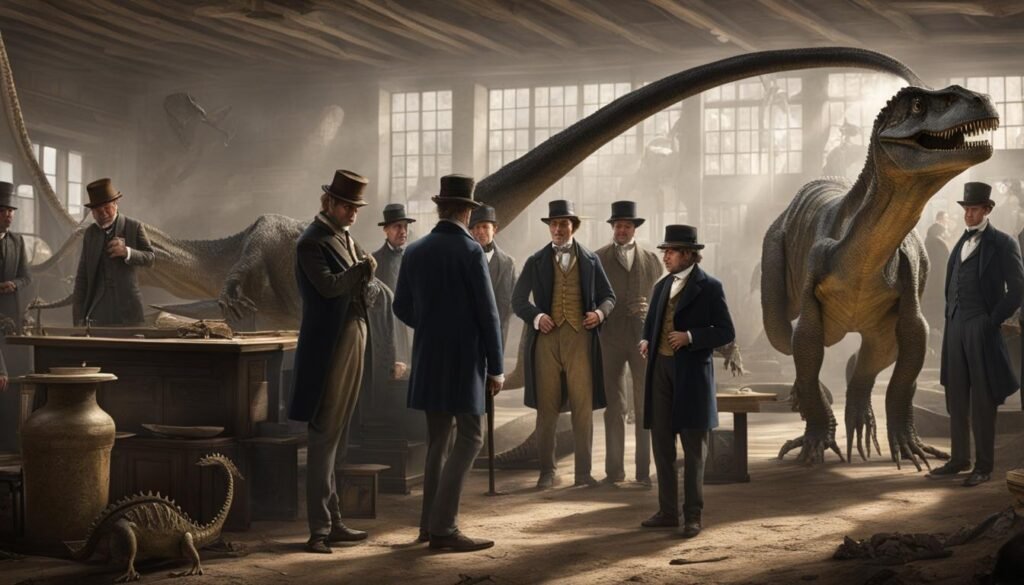
Mary Anning: A Trailblazer in Paleontology
Mary Anning’s legacy as a commercial fossil dealer continues to inspire and provoke thoughtful analysis within the field of paleontology. While the role of commercial fossil dealers remains a subject of debate, there is no denying the significant contributions they have made to scientific knowledge. The balance between commercial interests, ethical considerations, and scientific accessibility is a challenge that requires ongoing discussion and collaboration.
The Impact of Commercial Fossil Collection on Public Access
The commercial collection of fossils has had a significant impact on public access to these ancient treasures. As fossils are often sold to private collectors, it limits the availability of these specimens for scientific study and public appreciation. Museums, which serve as important repositories of scientific knowledge, struggle to acquire important fossils due to competition from private collectors who can pay high prices for rare specimens.
Furthermore, the theft of fossils from dig sites is a common occurrence, resulting in lost opportunities for study and a depletion of the public’s ability to access these valuable resources. In contrast, museums are required to maintain records of their fossil collections and provide access to researchers, ensuring that these specimens remain available for scientific study and public education.
In addition to issues of accessibility, inadequate record-keeping by commercial collectors hinders the study of fossils. Provenance data, which details the origin and context of a fossil, is crucial for understanding its scientific significance. Unfortunately, this data is often lacking when fossils are in private hands, making it difficult for researchers to place these specimens in their proper scientific context.
| Issue | Impact |
|---|---|
| Limited Public Access | Fossils sold to private collectors are not readily available for scientific study and public appreciation |
| Theft from Dig Sites | Stolen fossils result in lost opportunities for research and a decrease in public access to these resources |
| Inadequate Record-Keeping | Lack of provenance data hinders the scientific study and understanding of fossils |
“The commercial collection of fossils has increasingly restricted public access to these valuable scientific and historical resources.”
The impact of commercial fossil collection on public access is a complex issue that requires careful consideration. Responsible collecting practices, collaboration between academia and commercial dealers, and increased support for museums and scientific institutions can help ensure the preservation, study, and accessibility of our paleontological heritage.

Ensuring Responsible Fossil Purchases
When it comes to purchasing fossils, responsible sourcing and ethical practices are of utmost importance. As the demand for fossils grows, it is crucial to be mindful of where these fossils come from and how they are obtained. By making informed choices, individuals can contribute to a sustainable fossil trade and support the preservation and understanding of our paleontological heritage.
Researching the source of fossils is essential to ensure their responsible acquisition. Look for reputable fossil dealers who prioritize ethical sourcing and support scientific study. These dealers adhere to strict guidelines and regulations to ensure that the fossils they sell are obtained in an ethical and sustainable manner.
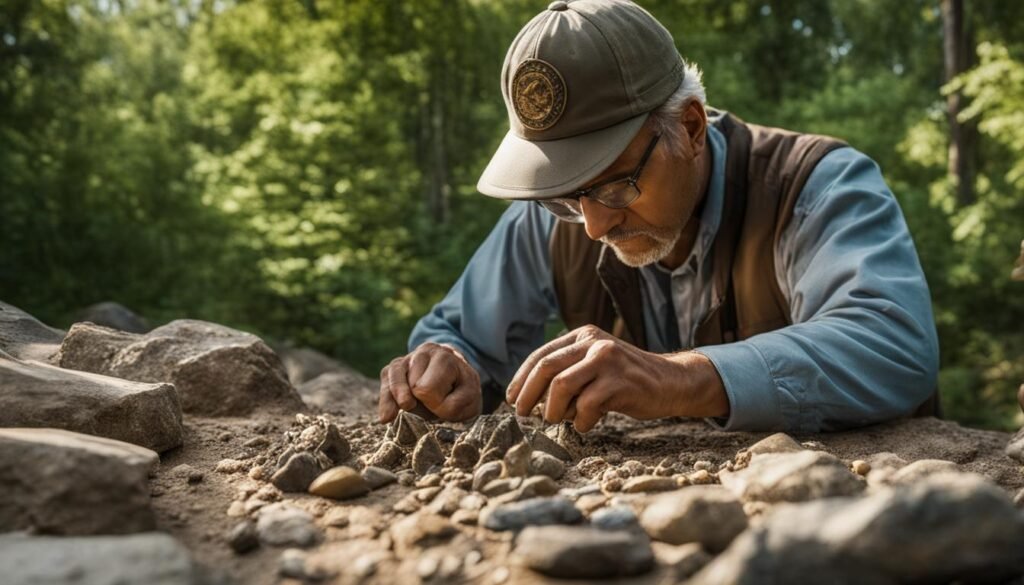
By collaborating with trustworthy fossil dealers, you can be confident that the fossils you purchase have been obtained responsibly. These dealers often work closely with paleontologists and researchers, ensuring that important specimens are preserved for scientific study and public access.
Benefits of Responsible Fossil Purchases:
- Promote ethical fossil sourcing
- Support sustainable fossil trade
- Contribute to scientific research and understanding
- Preserve paleontological heritage for future generations
“Responsible fossil purchasing not only ensures that fossils are obtained ethically, but it also plays a vital role in the preservation and advancement of paleontology as a scientific discipline.” – Dr. Jane Paleontologist
By taking these steps and being conscious of responsible fossil purchasing, you can make a positive impact on the field of paleontology and help protect our planet’s rich fossil history.
Conclusion
The ethics of fossil collection and trade play a crucial role in the preservation and advancement of paleontology. It is a complex and multifaceted field that requires a balance between legal considerations, ethical responsibilities, and the preservation of scientific knowledge.
The impact of commercial fossil collection on public access is a subject of ongoing debate. The sale of significant fossils to private collectors can limit their availability for scientific study and public appreciation. However, responsible fossil collection practices, collaboration between academia and commercial dealers, and supporting ethical sourcing and trade can help ensure a sustainable fossil trade that benefits the field of paleontology.
By staying informed, following legal guidelines, and making responsible choices, individuals can contribute positively to the field of paleontology. Responsible fossil collection and trade not only preserve our paleontological heritage but also support the advancement of scientific knowledge. Together, we can ensure the long-term sustainability of ethical fossil collection and trade while promoting a deeper understanding of our prehistoric past.

